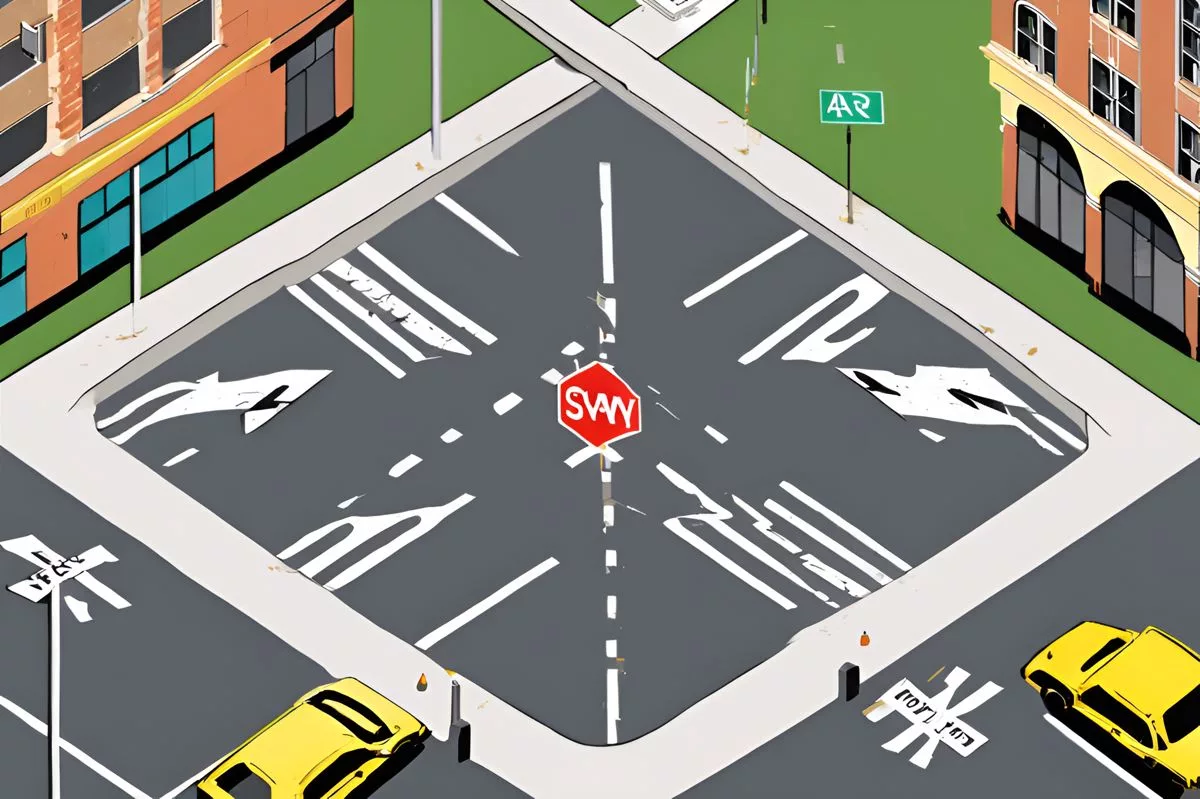Cape Town is planning to transform multiple roads into one-way streets to improve pedestrian safety, reduce traffic congestion and boost parking availability. The proposal is open for public consultation until June 7, 2024, with feedback channels available via email, online submissions, and written submissions at the Public Participation Unit. The city’s commitment to engaging citizens in its evolution highlights its dedication to promoting a harmonious relationship between the city and its inhabitants.
Cape Town’s Urban Mobility Directorate has proposed transforming multiple roads in the northern and southern sections into one-way streets to redefine the city’s transport infrastructure. The proposal aims to improve pedestrian safety, reduce traffic congestion during peak hours, and boost parking availability. The plan and associated maps are accessible on the city’s official web portal, and residents can provide feedback through email, online submissions, and even written submissions at the Public Participation Unit. The proposal represents a significant leap towards more inclusive, participatory, and democratic urban development.
A Grand Initiative Unveiled
In the dynamic metropolis of Cape Town, located in South Africa’s heart, a novel proposition by the Urban Mobility Directorate has stimulated a city-wide discussion. The agenda highlights the transformation of multiple roads in the northern and southern sections into one-way streets. This bold move is designed to redefine the city’s transport infrastructure, with the public consultation open until June 7, 2024.
This proposal is more than just a modification in traffic flow. It signifies Cape Town’s persistent drive to evolve in step with modern needs. The Urban Mobility Directorate’s decision to seek public opinion epitomizes the essence of civic engagement and participatory urban design. It’s heartening to see this democratic procedure in action, as it cultivates a feeling of stewardship and duty among the residents towards their city.
The proposed transformation encompasses thirteen roads within Sub-councils 6, 11, 14, 18, and 20. The plan and associated maps are accessible on the city’s official web portal. The city is committed to providing multiple feedback channels, including email, online submissions, and even written submissions at the Public Participation Unit located at the Civic Centre.
Information Days and Councillor’s Perspective
The city authorities have arranged information days at different venues, offering residents a chance to delve into the proposal in detail. These sessions are scheduled to take place in May and June at various locations such as Rondebosch East Primary School, St James Church Kenilworth, Labiance Primary School, Rosebank Junior School, Retreat Civic Centre, and Kirstenhof Primary School.
Councillor Rob Quintas, the Mayoral Committee Member for Urban Mobility, has expressed his thoughts on the importance of these road transformations. He believes that the changes are designed to improve pedestrian safety, reduce traffic congestion during peak hours, and boost parking availability. Schools are expected to be the primary beneficiaries of these alterations, given the high number of vulnerable road users during school commuting periods.
Interestingly, the proposal isn’t merely about traffic simplification. It’s a holistic strategy for urban mobility. It aims to construct safer and more efficient routes for all road users, thereby improving the city’s overall quality of life. It envisages a future where streets are not just thoroughfares for vehicles, but common spaces for all city residents.
Feedback Mechanism and Digital Platforms
Feedback can be submitted by quoting the respective area’s reference number found on the website. A range of submission methods are provided, including email, online submissions, and written presentations to the Public Participation Unit at the Civic Centre. For additional support or inquiries, residents can contact Anthea Bendie or Zandile Mahlasela at the Public Participation Unit.
Moreover, residents can keep abreast of updates through the City’s call centre or by following the Twitter handle @CityofCTAlerts. The digital platforms not only provide information but also act as another channel for public engagement.
A People-Centric Vision
As Cape Town forges ahead with these proposed modifications, the city’s commitment to engaging its citizens in its evolution is commendable. It’s not merely about road revamping; it’s about collaboratively cultivating an urban environment that caters to all its residents. This commitment reaffirms the city’s dedication to promoting a harmonious relationship between the city and its inhabitants.
This initiative by the Urban Mobility Directorate, endorsed by the city of Cape Town, represents a significant leap towards more inclusive, participatory, and democratic urban development. It highlights the city’s preparedness to tackle future challenges and its steadfast commitment to shaping an efficient, dynamic, and people-focused urban landscape. Once implemented, this proposal is expected to make a significant impact on Cape Town’s urban mobility narrative and serve as a model for other cities to emulate.
1. What is Cape Town’s plan to transform multiple roads?
Cape Town’s plan is to transform multiple roads into one-way streets to improve pedestrian safety, reduce traffic congestion, and boost parking availability.
2. How can residents provide feedback on the proposal?
Residents can provide feedback on the proposal through email, online submissions, and even written submissions at the Public Participation Unit located at the Civic Centre. Feedback can be submitted by quoting the respective area’s reference number found on the website.
3. Who is leading the proposed road transformations?
The proposed road transformations are being led by Cape Town’s Urban Mobility Directorate.
4. What is the primary goal of the proposed transformation?
The primary goal of the proposed transformation is to improve pedestrian safety, reduce traffic congestion during peak hours, and boost parking availability.
5. What are some additional ways for residents to stay updated on the proposal?
Residents can stay updated on the proposal through the City’s call centre or by following the Twitter handle @CityofCTAlerts.
6. Why is Cape Town’s commitment to engaging citizens in its evolution commendable?
Cape Town’s commitment to engaging citizens in its evolution is commendable because it promotes a harmonious relationship between the city and its inhabitants and represents a significant leap towards more inclusive, participatory, and democratic urban development.












